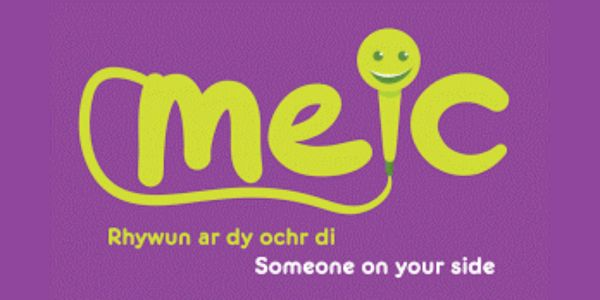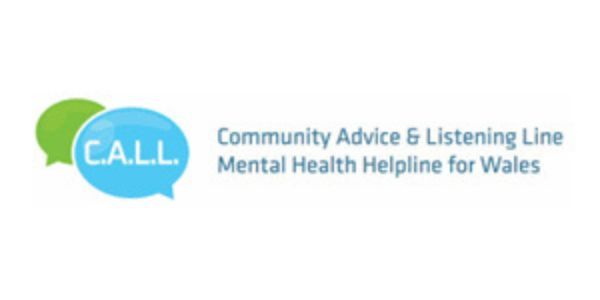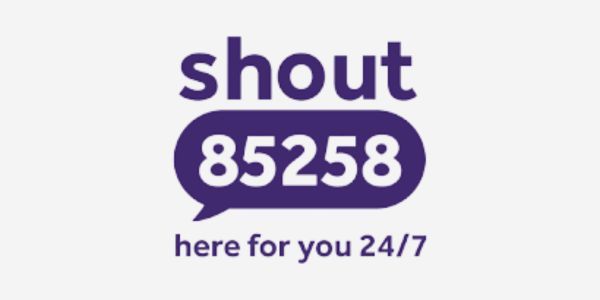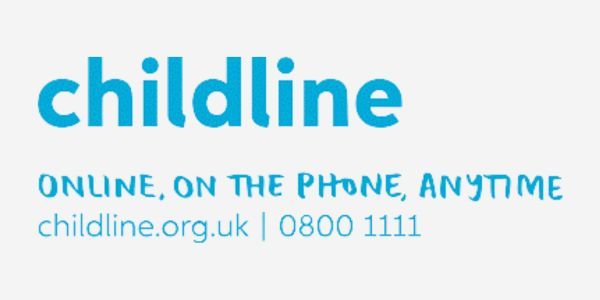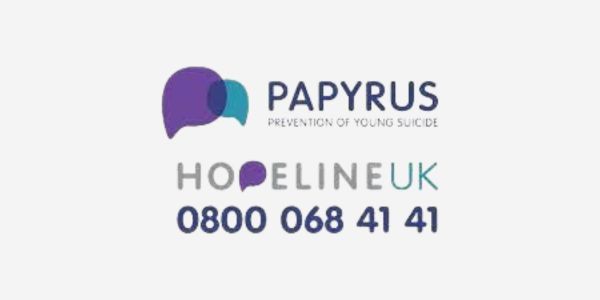UTI's
If your child has any of the following features:
- Becomes pale, mottled and feels extremely cold to touch
- Becomes extremely agitated (crying inconsolably despite distraction), confused or very lethargic (difficult to wake)
- Has blue lips or pauses in their breathing (apnoeas) or has an irregular breathing pattern
- Develops a rash that does not disappear with pressure (see the 'Glass Test')
- Is under 1 month of age with a temperature of 38°C / 100.4°F or above
You need urgent help.
Go to the nearest Hospital Emergency (A&E) Department or phone 999
If your child has any of the following features:
- Is refusing to take their antibiotics or not keeping them down due to vomiting
- Seems dehydrated (sunken eyes, drowsy or no urine passed for 12 hours)
- Starts to complain of pain in the back
- Starts getting uncontrollable shakes (rigors)
- Seems to be getting worse despite being on antibiotics for more than 2 days
- Is between 1-3 months of age with a temperature of 38°C / 100°F or above; or 3-6 months of age with a temperature of 39°C / 102.2°F or above (but fever is common in babies up to 2 days after they receive vaccinations).
- Continues to have a fever of 38.0°C or above for more than 5 days
You need to contact a doctor or nurse today.
Please ring your GP surgery or contact NHS Wales 111
- None of the features above
Self care
Continue providing your child’s care at home. If you are still concerned about your child, ring your GP surgery or contact NHS Wales 111
- Ensure they get antibiotics at regular intervals as instructed by your doctor
- It is important to make sure your child takes the antibiotics for as long as the doctor recommends. Otherwise, there is a chance that their infection won't be fully treated and your child might get ill again
- Children with UTIs may be uncomfortable so you may wish to give them paracetamol or ibuprofen to help with their pain
- A UTI is an infection of the bladder or kidneys. It is caused by bacteria and is treated with antibiotics. Bladder infections are far more common than kidney infections; kidney infections are more serious and may need treatment with antibiotics through a drip in their vein
- Your child is more likely to get a UTI if their are under 1 year old, a girl, or have problems with their urinary tract. About 8 in every 100 girls and 2 in every 100 boys will have had a urinary tract infection by the time they are 7 years old.
It can be difficult to tell when a child has a UTI, especially if they are very young. The symptoms can vary depending on your child's age and the severity of the infection. Features suggesting a bladder infection include:
- Pain or stinging when passing urine
- Passing urine more often than normal
- Crying when passing urine
- Refusing to pass urine
If the following features are also present, your child might have a kidney infection:
- Fever
- Vomiting
- Back or tummy pain
- A UTI is diagnosed by testing a sample of your child's urine (pee). This sample needs to be 'caught' in a sterile pot. The sample will usually be tested immediately (dipstick) and may also be sent to the hospital for further testing.
- It will take a couple of days to get the results back - your child's antibiotics may be stopped or changed at that point.
- If your child is under 6 months of age, they will need kidney scans soon after their UTI. This will be organised by their doctor. Older children with frequent UTIs may also need a scan of their kidneys. This will look to see if their is a structural problem that explains why your child is more likely to get UTIs and whether the infection has caused any damage to the kidney.
- Your child will need antibiotics to treat their UTI. Most children with a bladder infection can be managed with oral antibiotics.
- If your child has a kidney infection or if they are very young (under 3 months of age), they may need to go to hospital for antibiotics through a drip in their vein.
- Ensure your child drinks plenty - aim for 6-8 glasses daily
- Ensure your child goes to the toilet regularly - aim for every 2-3 hours, including at school
- Treat constipation - see your GP
- Encourage girls to wipe their bottom from front to back
- Use loose-fitting cotton underwear
- Avoid bubble bath and excessive soap in the bath
- Next time your child has a fever for no obvious reason, especially if nobody else is unwell in the family, make sure a urine sample is checked. If your child has a UTI, it is important that it is diagnosed and treated early. That way, there is far less chance that that it will cause long term damage to their kidneys.
This guidance is written by healthcare professionals from across Hampshire, Dorset and the Isle of Wight.
NHS 111 Wales
Website: NHS 111 Wales
NHS 111 Wales (Option 2) telephone service is available 24/7 and can be used for urgent mental health advice and support.
Meic
Website: www.meiccymru.org
Meic is the helpline service for children and young people up to the age of 25 in Wales. Chat online, freephone 080880 23456, or text 84001.
C.A.L.L. Community Advice Listening Line
Website: www.callhelpline.org.uk
Provides a confidential mental health listening and emotional support line which is open 24/7. Call 0800 132 737 or text ‘help’ to 81066.
Shout
Website: www.giveusashout.org
Text ‘shout’ to 85258 anytime, day or night.
Childline
Website: www.childline.org.uk
If you’re under 19 you can confidentially call, chat online or email about any problem big or small.
Samaritans
Website: www.samaritans.org/wales/samaritans-cymru/
Call 116 123 free, anytime, day or night.
Papyrus
Website: www.papyrus-uk.org
Are you, or is a young person you know, not coping with life? For confidential suicide prevention advice contact HOPELINEUK. We are open 9am–midnight every day.
Campaign Against Living Miserably (CALM) for men
Website: www.thecalmzone.net
Need help? Call our helpline 5pm-midnight, 365 days a year on 0800 58 58 58.
DAN 24/7 - Wales Drug and Alcohol Helpline
Website: www.dan247.org.uk/
Freephone 0808 808 2234, or text DAN to 81066.
NHS 111 Wales
Website: NHS 111 Wales
NHS 111 Wales (Option 2) telephone service is available 24/7 and can be used for urgent mental health advice and support.
Meic
Website: www.meiccymru.org
Meic is the helpline service for children and young people up to the age of 25 in Wales. Chat online, freephone 080880 23456, or text 84001.
C.A.L.L. Community Advice Listening Line
Website: www.callhelpline.org.uk
Provides a confidential mental health listening and emotional support line which is open 24/7. Call 0800 132 737 or text ‘help’ to 81066.
Shout
Website: www.giveusashout.org
Text ‘shout’ to 85258 anytime, day or night.
Childline
Website: www.childline.org.uk
If you’re under 19 you can confidentially call, chat online or email about any problem big or small.
Samaritans
Website: www.samaritans.org/wales/samaritans-cymru/
Call 116 123 free, anytime, day or night.
Papyrus
Website: www.papyrus-uk.org
Are you, or is a young person you know, not coping with life? For confidential suicide prevention advice contact HOPELINEUK. We are open 9am–midnight every day.
Campaign Against Living Miserably (CALM) for men
Website: www.thecalmzone.net
Need help? Call our helpline 5pm-midnight, 365 days a year on 0800 58 58 58.
DAN 24/7 - Wales Drug and Alcohol Helpline
Website: www.dan247.org.uk/
Freephone 0808 808 2234, or text DAN to 81066.
- Try to stay calm.
- Tell them you are there for them and that you are not upset or angry.
- Tell them you are pleased they have told you they are having thoughts of harming themselves and that you are able to help them through this time.
- Listen to what they are saying even if they are venting anger or other negative emotions at you.
- Listen without interrupting.
- Validate their thoughts and feelings – they are real and important.
- Try to be emotionally available and present for your child.
- Once things appear to be settling please encourage your child to relax as the day/ evening progresses and make some suggestions for things you can do together to distract them from their thoughts (see below for some ideas).
- Try to proactively manage any potential conflicts or arguments within your immediate environment.
- Be mindful of excessive use of mobile devices but that young people really need to feel connected to others at times of distress.
If you are concerned that your child/ young person is at risk of harming themselves, please ensure the following:
- All medications (prescribed/ over the counter/ vitamins) are removed and/ or locked in a strong lockable medical box or locked cupboard. Medication needs to be stored in this way in all houses where the young person stays, including grandparents, foster carers, step parents and residential homes.
- All sharp objects, such as knives and razor blades, to be removed and/ or stored securely.
- Ensure the young person has not got a stock of medication or sharp objects in their room or amongst their property.
- Other environmental risks in your home should be considered, e.g. removing ropes, ties, dressing gown ties.
- Do not allow your child/ young person to go out alone or with friends during times of distress and when they are voicing thoughts of self-harm or suicide.
- Monitor your child/ young person’s mood and behaviour closely.
- Increase your presence and supervision of your child at home, if needed remaining awake or checking on them during the night.
- Ask them about thoughts of self-harm and suicide.
- Look out for any warning signs in your child/ young person that they might be struggling.
- Distract yourself - watch a film or TV programme, play a computer game that absorbs your mind, or read a book you’re really interested in
- Get creative – drawing, mindful colouring, taking photos, listening to music, singing
- Get moving – walk, run, dance, do an exercise or yoga video
- Comfort yourself – have bubble bath or shower, eat something you like, stroke a pet, cuddle up tightly in a blanket, rock/ hug yourself, spray a favourite perfume
Alternatives to self-harm when the urge to harm is very strong:
- Hold ice in your hand for as long as you can
- Step under a cold shower briefly
- Run your hands under cold water
- Snap an elastic band against your wrist
- Hit a cushion against the wall or bed
- Punch a punch bag or pillow
- Go for a fast paced walk or run up and down the stairs several times
- Tear or scrunch up paper






